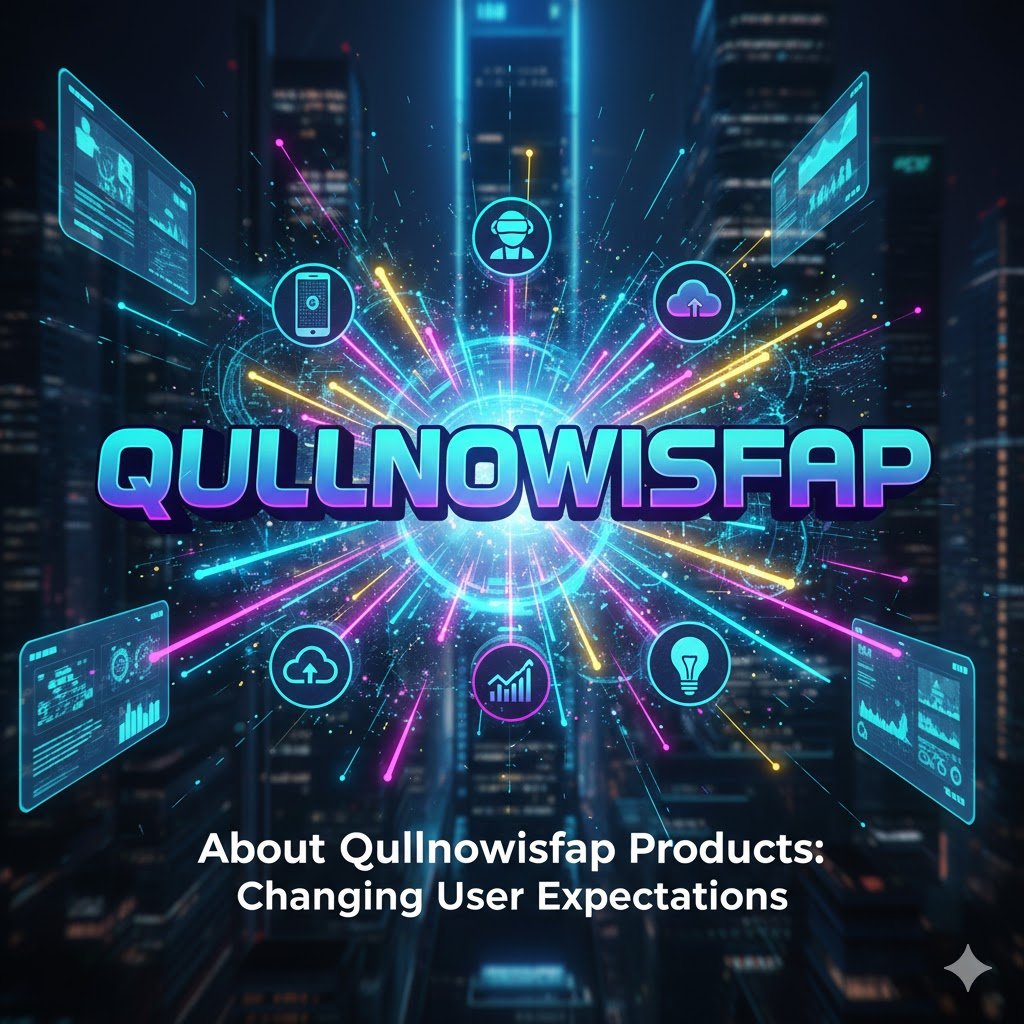Introduction to Utanmazkzılar
The term Utanmazkzılar often captures curiosity because of its distinct sound and rich cultural layers. Derived from the Turkish language, Utanmazkzılar literally refers to people “without shame.” Yet, its meaning extends far beyond this translation. Depending on the context, it can describe boldness, confidence, mischief, or even outright defiance of social norms.
In this article, we’ll dive into the definition, origins, cultural impact, and modern usage of Utanmazkzılar, showing how a single word can reflect society’s changing values.
What is Utanmazkzılar?
At its core, Utanmazkzılar combines two parts:
-
Utanmaz → meaning “shameless” or “without shame.”
-
-kzılar → a plural form that extends the meaning to a group of people.
So, Utanmazkzılar describes individuals—often collectively—who act without concern for conventional modesty or social judgment.
However, it’s important to note that the word isn’t always purely negative. Depending on tone, setting, or even humor, Utanmazkzılar can mean reckless troublemakers or fearless nonconformists.
The Linguistic and Historical Roots of Utanmazkzılar
The concept of Utanmazkzılar is deeply rooted in Turkish culture, where societal norms around respect, modesty, and behavior have always played an important role. Historically, communities used the word to criticize those who defied expectations of politeness or morality.
Yet, language is dynamic. Over time, Utanmazkzılar shifted from being only an insult to becoming a versatile expression. In literature, it is often used to portray colorful, bold, or rebellious characters. In everyday speech, it may carry humor, irony, or even admiration.
Utanmazkzılar in Literature and Storytelling
Writers and storytellers have long used Utanmazkzılar to represent individuals who challenge norms. In Turkish literature, the word might describe:
-
A witty character who bends rules for comic effect.
-
A rebellious figure who resists traditional authority.
-
A mischievous group whose shamelessness drives the plot.
This versatility shows how Utanmazkzılar has become more than a label—it is a literary device to explore human complexity, conflict, and freedom.
Utanmazkzılar in Modern Society
1. Utanmazkzılar in Pop Culture
In modern entertainment, Utanmazkzılar often appears in films, shows, and internet culture. Characters who are unapologetically bold, whether heroes or villains, are sometimes affectionately described this way.
2. Utanmazkzılar in Online Communities
On social media, Utanmazkzılar has taken on a life of its own. Memes, hashtags, and online groups adopt the term to celebrate shameless humor, bold self-expression, and defiance of judgment. What was once critical has become, for some, a badge of identity.
3. Everyday Use of Utanmazkzılar
In casual conversations, friends might jokingly call each other Utanmazkzılar when someone does something cheeky or mischievous. Instead of offense, it often sparks laughter and camaraderie.
The Dual Nature of Utanmazkzılar
The fascinating aspect of Utanmazkzılar is its dual nature.
-
Negative side: It can label behavior as reckless, disrespectful, or shameless in the traditional sense.
-
Positive side: It can also highlight courage, boldness, and the refusal to conform to restrictive expectations.
This flexibility makes Utanmazkzılar a mirror of cultural evolution, showing how language shifts alongside societal attitudes.
Cultural Significance of Utanmazkzılar
Why does Utanmazkzılar matter? Because it reflects universal human themes:
-
The clash between tradition and modernity.
-
The tension between conformity and individuality.
-
The blurred lines between criticism and admiration.
By studying Utanmazk-zılar, we gain insight into how communities define boundaries—and how individuals choose to cross them.
Utanmazkzılar in the Digital Age
The internet has amplified the reach of Utanmazk-zılar. Today, it surfaces in memes, viral content, and online debates, often describing outrageous behavior in a lighthearted way. Its popularity online shows how local expressions can gain global recognition in digital culture.
For many younger users, Utanmazk-zılar symbolizes humor, rebellion, and authenticity in a world that often demands conformity.
Lessons from Utanmazkzılar
The enduring presence of Utanmazk-zılar teaches us valuable lessons:
-
Words evolve: A term of criticism can transform into empowerment.
-
Cultural identity matters: Unique words like Utanmaz-kzılar preserve the richness of language.
-
Balance is key: Boldness without shame can inspire or disrupt, depending on how it’s used.
Conclusion
The word Utanmazkzılar is more than a linguistic curiosity—it is a cultural marker that reflects history, humor, rebellion, and modern identity. From literature to everyday jokes, from criticism to self-expression, Utanmaz-kzılar has proven to be a powerful and adaptable term.
In today’s world, where authenticity and boldness are celebrated, Utanmaz-kzılar reminds us that language is alive, always reshaping itself to capture the spirit of the times. Whether seen as shameless or fearless, the essence of Utanmaz-kzılar lies in its ability to challenge norms and spark conversation.
















Leave a Reply